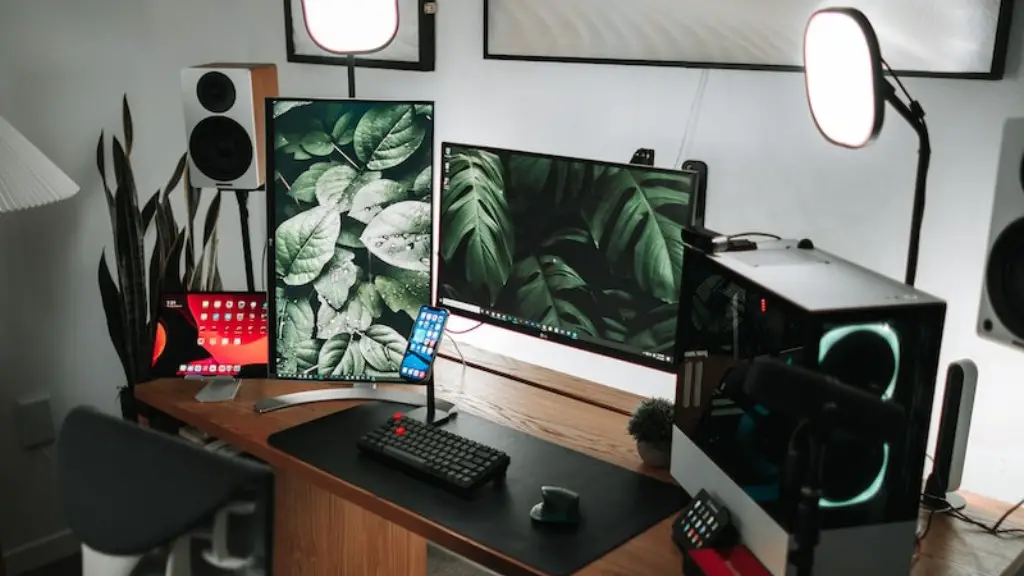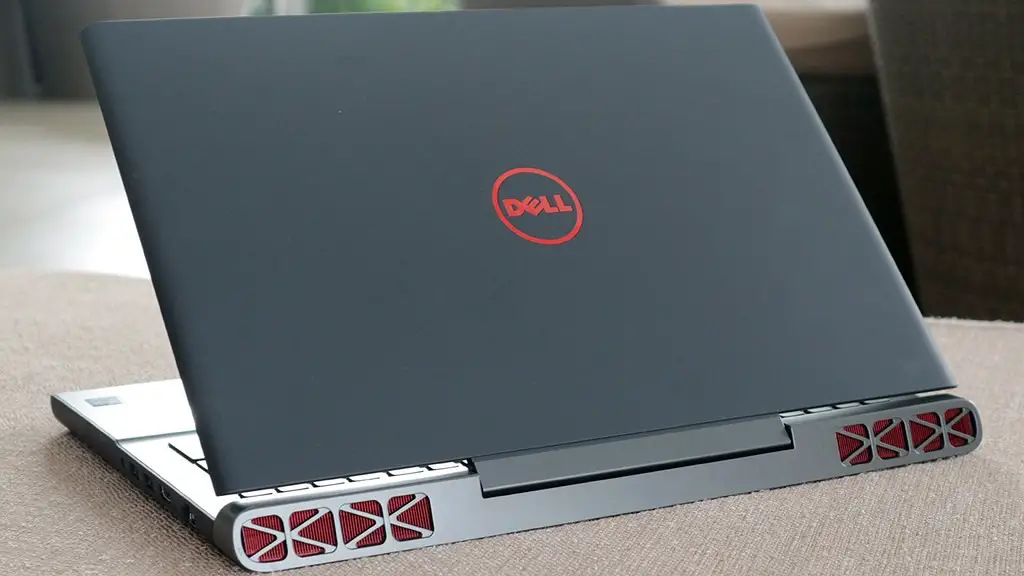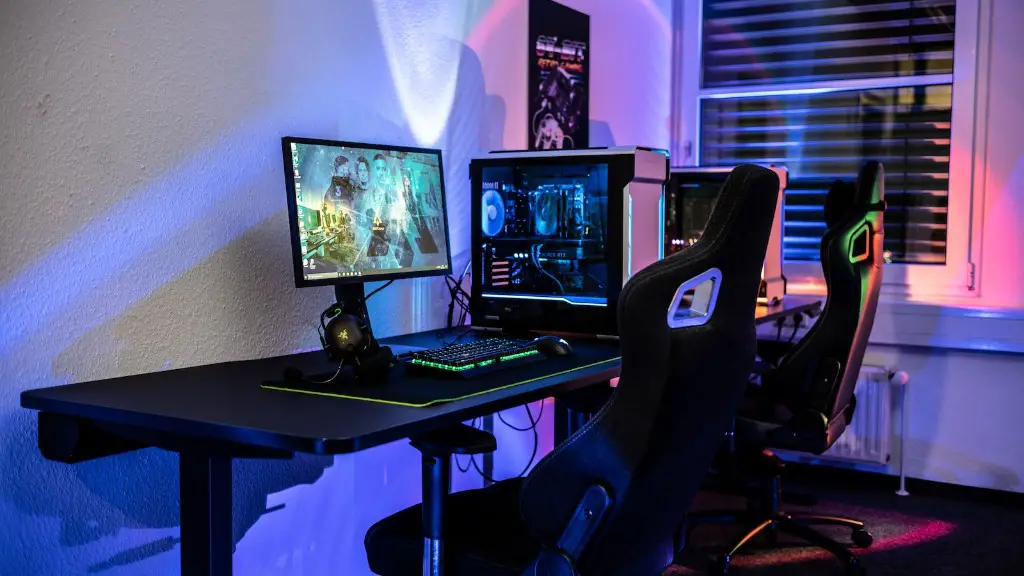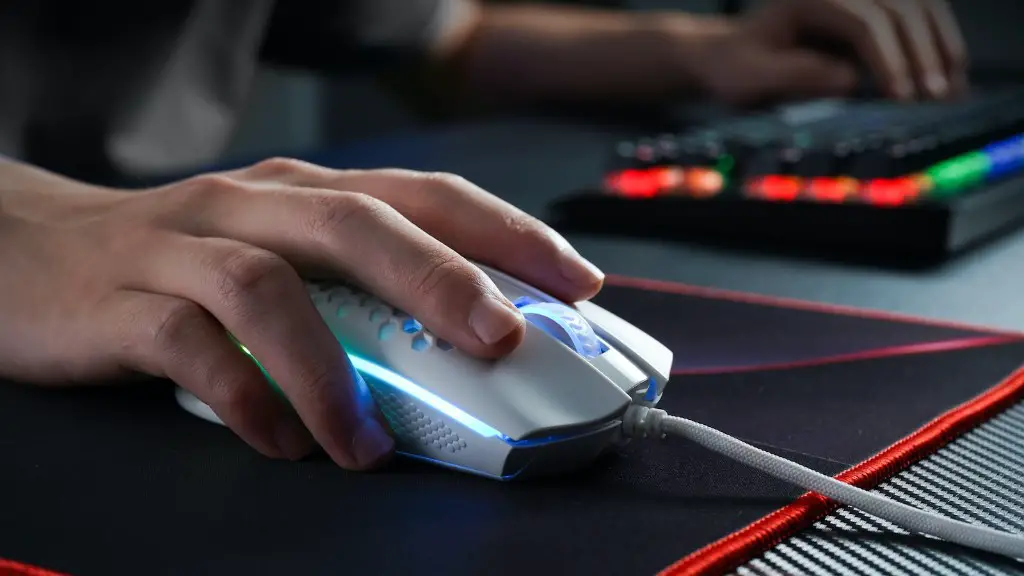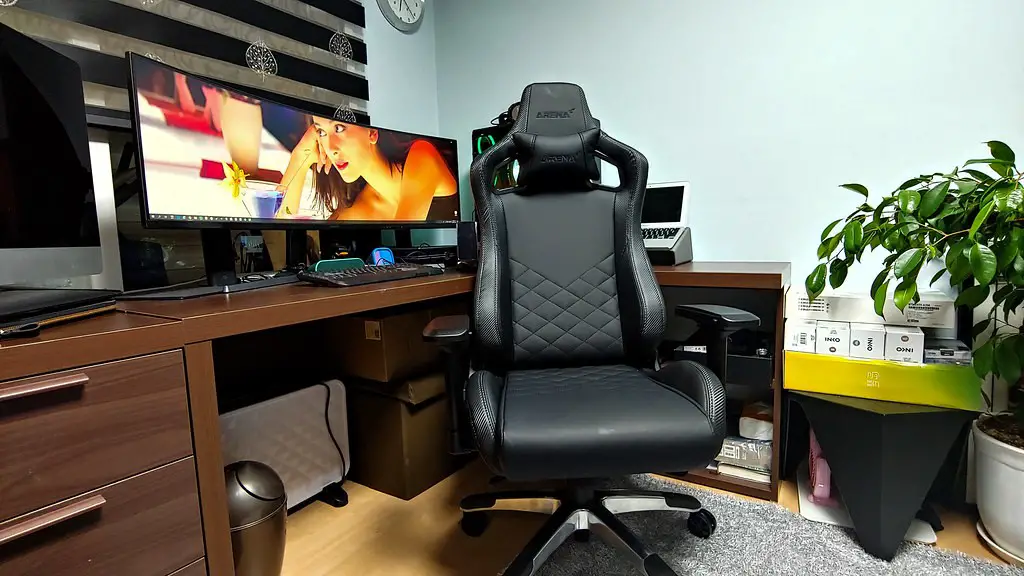To build a gaming PC, you will need to assemble a few critical components. These include a processor, a motherboard, RAM, a graphics card, a power supply, a storage drive, and a case.These parts are responsible for the majority of your gaming PC’s performance and need to be selected carefully. Knowing what pieces you need and what options you have can help you make an informed decision when assembling your PC.
The processor is the brain of a PC, and it plays a major role in its overall performance. The processor is responsible for carrying out instructions quickly and efficiently. To get the best performance out of a gaming PC, you should look for a processor that has at least 4 cores, as this will allow your PC to carry out instructions quickly and smoothly.
The next component you need to pick is the motherboard. The motherboard is the component that will connect all the parts of your gaming PC together. Having a good motherboard will ensure that all the parts of your computer work together smoothly. Look for a motherboard that supports your processor and has the features you need, such as plenty of USB ports and an M.2 slot.
The RAM is the component that stores your programs and data. The more RAM you have, the more programs and data you can store. For gaming, you should aim for 8GB of RAM at a minimum, as this will ensure your system is able to run games smoothly.
Next up is the graphics card. The graphics card is responsible for rendering the visuals in games. You should look for a graphics card that has at least 4GB of video memory if you want to play games at higher resolutions and settings.
After that, you will need to pick out a power supply. A power supply is responsible for supplying power to all the components in your PC. Make sure the power supply you pick can supply enough power to run all the components without any problems.
Finally, you will need to pick out a storage drive. A storage drive is where your files and games are stored. You should look for a storage drive with at least 500GB of storage if you want to store games and other files.
Processor Requirements
When choosing a processor for your gaming PC, you should consider its core count, clock speed, and cache size. A processor with at least 4 cores will allow your PC to carry out instructions quickly and efficiently. It should also have a clock speed of at least 3.0 GHz, and it should have at least 4MB of cache. If you are looking for a more powerful processor, you can look for a processor with 8 cores, 8MB of cache, and a clock speed of up to 4.4GHz.
The processor should also support whatever features your motherboard offers. For example, if your motherboard supports overclocking, then you should get a processor that supports that feature as well. Make sure to double-check the specs of your motherboard and processor to make sure they are compatible.
The processor you choose should also be energy-efficient, as this will reduce your electricity costs and keep the temperature of your PC low. Look for a processor that has a high TDP, as this will indicate how much power it will consume.
Finally, you should consider the price of the processor when making your decision. Some processors can get expensive, and you should make sure the performance you are getting is worth the price. You should also look for bundles and sales if you want to save some money.
Motherboard Requirements
When selecting a motherboard for your gaming PC, you should make sure it is compatible with your processor, has enough RAM slots, and has plenty of USB ports and M.2 slots. You should also look at the motherboard’s form factor, as this will determine how large your case needs to be.
The motherboard should also have features such as overclocking and built-in wifi for a more stable connection. Make sure to double-check the specs of your motherboard and processor to make sure they are compatible.
The motherboard should also be reliable, as this will help ensure that your system is stable. Look for a motherboard that has an established track record of reliability. You should also make sure the motherboard has a long warranty period, as this will give you peace of mind in the event something goes wrong.
Finally, you should consider the price of the motherboard when making your decision. Some motherboards can get expensive, and you should make sure the features and performance you are getting are worth the price. You should also look for bundles and sales if you want to save some money.
RAM Requirements
When picking RAM for your gaming PC, you should look for modules that are at least 8GB in size. This will ensure your system has enough RAM for games, programs, and other activities. You should also look for RAM that runs at a high clock speed, as this will ensure your system is able to carry out instructions quickly and efficiently.
You should also consider the type of RAM you will need. If your motherboard supports DDR4 RAM, then you should get that type of RAM. DDR4 RAM is faster than DDR3 RAM and will ensure your system runs smoother.
Finally, you should consider the price of the RAM when making your decision. Some RAM modules can get expensive, and you should make sure the performance and features you are getting are worth the price. You should also look for bundles and sales if you want to save some money.
Graphics Card Requirements
When selecting a graphics card for your gaming PC, you should consider its features, performance, and price. You should look for a card that has at least 4GB of video memory, as this will allow you to run games at higher resolutions and settings.
You should also look for a card that supports the latest DX12 and Vulkan APIs, as this will ensure you get the best visuals and performance out of modern games. You should also make sure the card has plenty of video outputs, such as HDMI and DisplayPort, so you can connect multiple monitors.
You should also look for a card that is energy-efficient, as this will help keep your electricity costs down. Look for a card that has a low TDP, as this will indicate how much power it will consume.
Finally, you should consider the price of the card when making your decision. Some cards can get expensive, and you should make sure the performance and features you are getting are worth the price. You should also look for bundles and sales if you want to save some money.
Power Supply Requirements
When picking a power supply for your gaming PC, you should look for one that is reliable and has enough power for your system. It should also have the right connectors for all the components in your system, as this will ensure that everything is connected correctly.
You should also look for a power supply that is energy-efficient, as this will help keep your electricity costs down. Look for a power supply that has an 80 Plus rating, as this will indicate how much power it will consume.
Finally, you should consider the price of the power supply when making your decision. Some power supplies can get expensive, and you should make sure the features and performance you are getting are worth the price. You should also look for bundles and sales if you want to save some money.
Storage Drive Requirements
When selecting a storage drive for your gaming PC, you should select one that is fast and has enough capacity for your needs. You should look for a drive that has read speeds of at least 500MB/s, as this will ensure your games are loaded quickly. You should also look for a drive that has at least 500GB of storage, as this will give you enough space to store all your games and other files.
You should also look for a drive that is reliable, as this will ensure your data is safe. Look for a drive that has an established track record of reliability. You should also make sure the drive has a long warranty period, as this will give you peace of mind in the event something goes wrong.
Finally, you should consider the price of the drive when making your decision. Some drives can get expensive, and you should make sure the performance and features you are getting are worth the price. You should also look for bundles and sales if you want to save some money.
